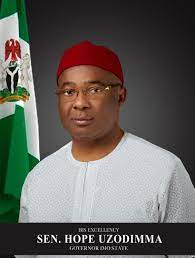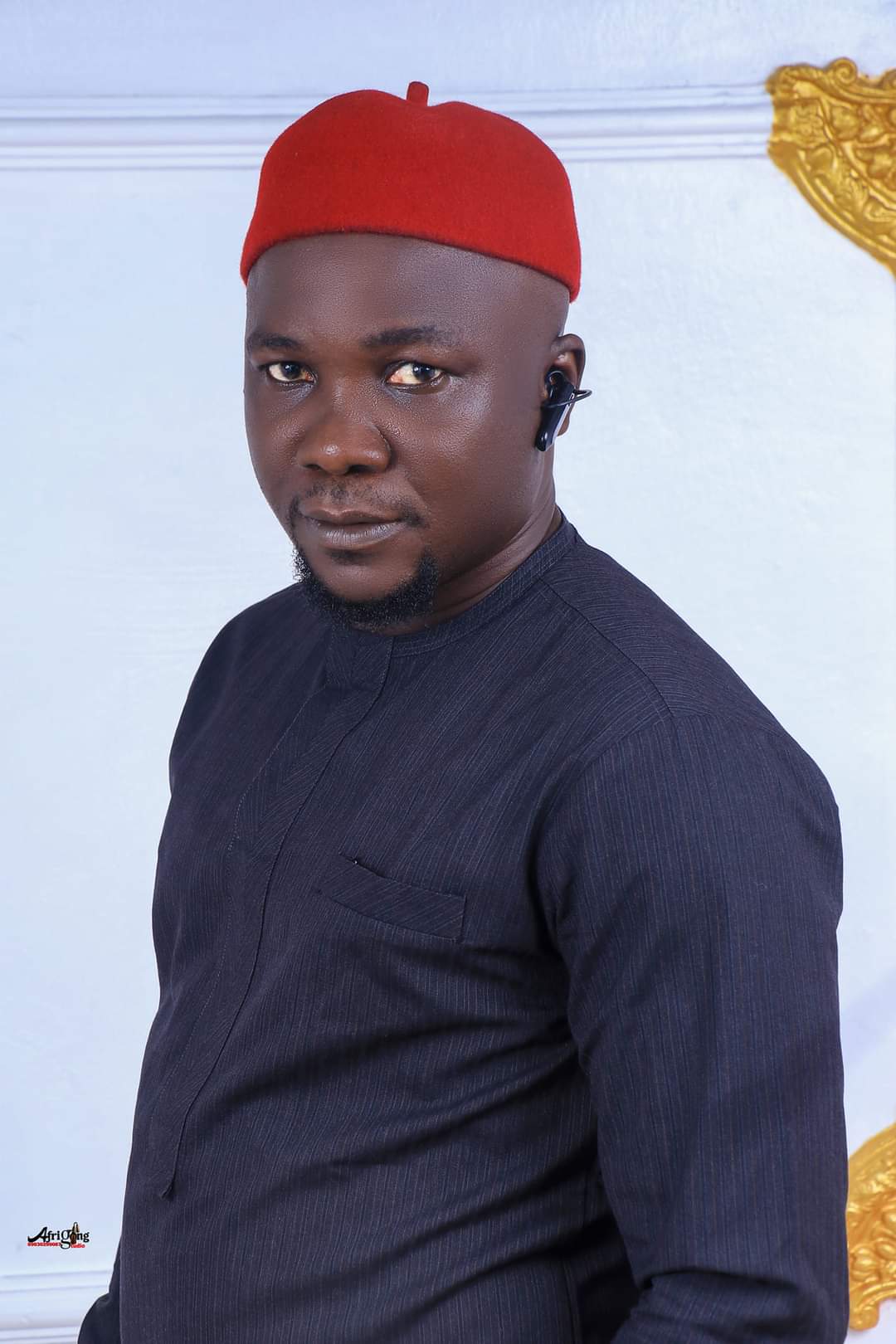The Governor of Imo State, Senator Hope Uzodimma, has initiated a significant cultural revival by committing to the revitalization of the Ahiajoku lecture series and the transformation of the Ahiajoku Center into a premier institute for Igbo cultural and intellectual enrichment. This initiative has drawn widespread commendation from various stakeholders and the broader Igbo community, who view it as a crucial step in preserving and promoting Igbo heritage.
The Ahiajoku lecture series, established in 1979, has historically been a cornerstone event for Ndigbo, serving as a platform for intellectual discourse on Igbo culture, history, and societal issues. Named after the Igbo god of agriculture, the lectures have featured prominent scholars and cultural icons, providing a forum for the celebration and critical examination of Igbo traditions and contemporary issues.
Governor Uzodimma’s renewed focus on the Ahiajoku Center underscores his administration’s dedication to cultural heritage. By proposing to reinvent the center as an institute, he aims to create a vibrant hub for cultural education and research, ensuring that the intellectual and cultural contributions of the Igbo people are preserved and advanced for future generations.
Stakeholders from across the Igbo states have lauded this initiative, recognizing the Ahiajoku lecture series as a vital institution for the community. Dr. Ike Onyenwe, a renowned cultural historian, expressed his support, stating, “Governor Uzodimma’s efforts to rejuvenate the Ahiajoku lectures are commendable. This platform is essential for the continuous dialogue and development of Igbo culture and identity.”
The significance of the Ahiajoku lecture series to Ndigbo cannot be overstated. It has served not only as a cultural repository but also as a beacon of intellectual achievement. Over the years, the lectures have attracted distinguished speakers, including professors, authors, and thought leaders, who have provided deep insights into the Igbo way of life, their struggles, and their triumphs.
A source within the Government of Imo State indicated that the Governor’s vision for the Ahiajoku Center goes beyond mere restoration; it aims to elevate the center into a world-class institute that will facilitate academic research, cultural exhibitions, and educational programs. This transformation is expected to foster a deeper understanding and appreciation of Igbo culture among younger generations and scholars worldwide.
The governor’s initiative is timely, considering the growing concerns about the erosion of indigenous cultures in the face of globalization. By reinforcing the importance of cultural education and intellectual engagement, the Ahiajoku Center is poised to become a bastion of Igbo heritage, safeguarding the rich history and traditions of the people.
The broader Igbo community has responded positively to the governor’s plans. Paddy Obinna, a prominent cultural activist, curator and the designer of Ahiajoku logo, has noted, “This is a significant moment for Ndigbo”. Reviving the Ahiajoku lectures and enhancing the center will ensure that our culture remains vibrant and relevant. It is an investment in our identity and future.”
Moreover, the proposed institute is expected to contribute to the socio-economic development of the region. By attracting scholars, tourists, and cultural enthusiasts, the Ahiajoku Center can become a cultural and academic landmark, stimulating local economies and fostering a sense of pride and ownership among the Igbo people.
The Ahiajoku lectures have historically tackled various themes pertinent to the Igbo community, ranging from traditional governance and spirituality to modern socio-economic challenges. The reinvigorated series promises to continue this tradition, providing a critical space for reflection and dialogue on issues affecting Ndigbo in contemporary times.
As the plans for the Ahiajoku Center unfold, there is a palpable sense of anticipation and optimism among the Igbo people. The initiative is seen as a reaffirmation of their cultural pride and intellectual legacy, ensuring that the wisdom and achievements of their ancestors continue to inspire and guide future generations.










